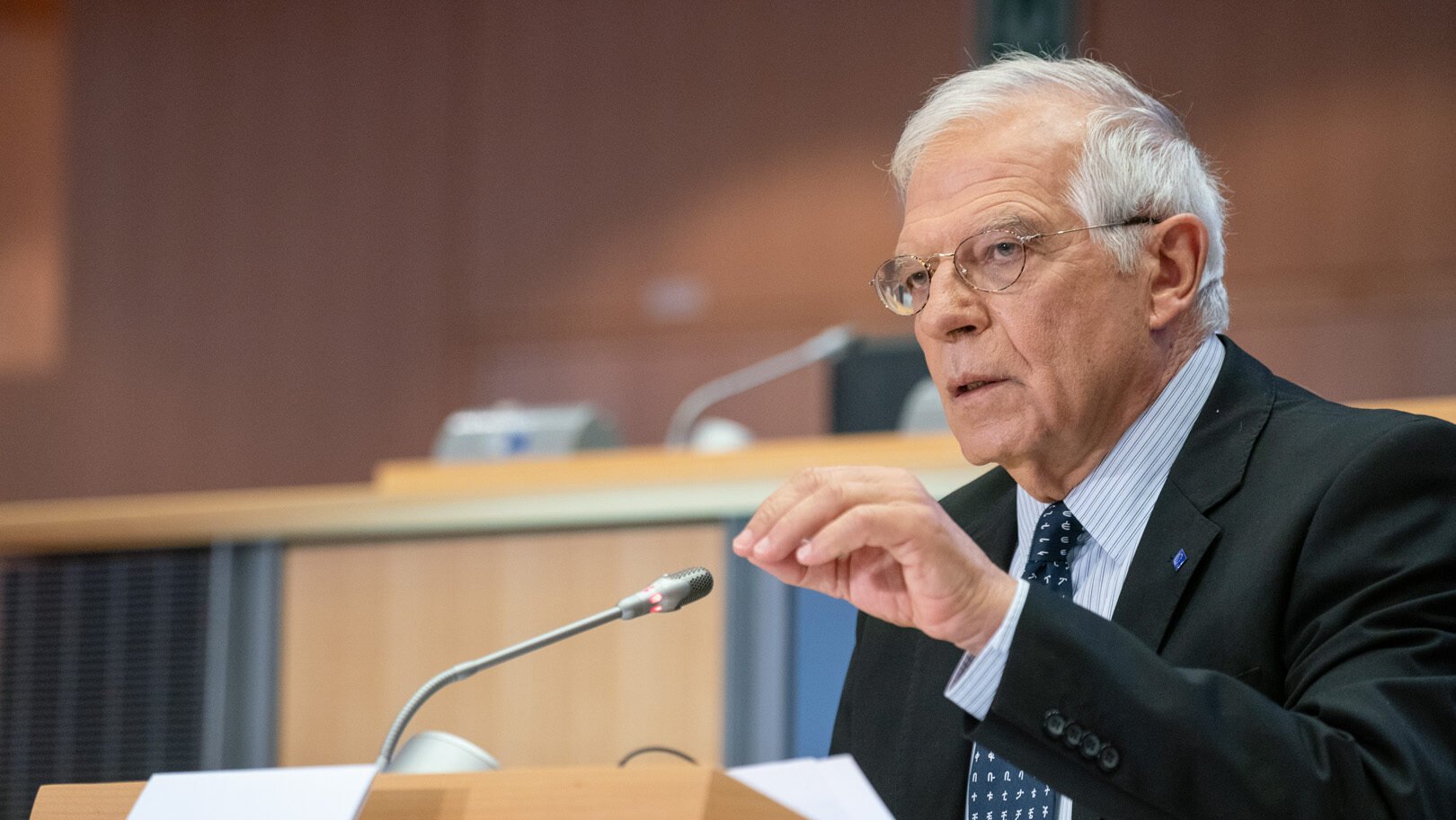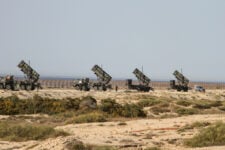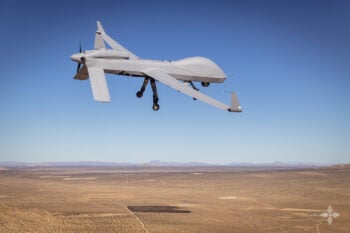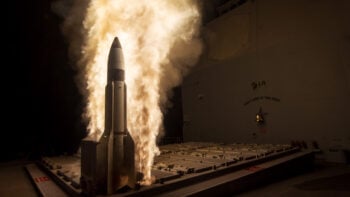
European Union High Representative/Vice President Josep Borrell. (Photo Credit: Pietro Naj-Oleari)
WASHINGTON — European Union leaders for the first time have endorsed a common strategy for defense of space assets, calling on the 27 member nations to beef up both awareness of space threats and their capabilities to respond if necessary.
The “Space Strategy for Security and Defence,” drafted in March by the European Commission, was approved Tuesday by the group’s ruling Council of Ministers made up of member nation heads of state, the council’s president, and the commission’s president. The Council of Ministers, also known as the European Council, is responsible for setting the political direction and priorities for the EU, whereas the European Commission proposes new EU-wide laws.
Echoing US government talking points, the council’s “conclusions” [PDF] on the strategy note that outer space “is an increasingly congested and contested domain and that the rules-based international order has been increasingly challenged in recent years.” In particular, the document decries the fact that “irresponsible and hostile” behavior in space has “intensified” — in particular, calling out Russia’s 2021 anti-satellite missile test and its cyber attacks against Viasat’s communications network in 2022 as part of Moscow’s invasion of Ukraine.
The council thus says it is necessary “to address, as Europeans, current and upcoming challenges in this domain,” and stresses “the EU’s determination, as a global space power, to provide immediate and long-term responses to these challenges.”
The EU leaders propose that European Commission High Representative/Vice President Josep Borrell lead a new effort to prepare, in coordination with member states, “a classified annual space threat landscape analysis focusing on actors threatening the EU in the space domain.” Borell’s office is in charge of managing the EU’s Common Foreign and Security Policy, as well as its Common Security and Defence Policy.
They also stress that because “enhancing” space security will “reinforce” over all EU security, there is a “need to increase the possibility to use, on a case-by-case basis, all available tools, to prevent, discourage and, if necessary, appropriately respond to space threats.”
The call for potential joint response to adversaries in space is significant, as for decades common European space policy has been largely civilian-centric, focused primarily on economic gains and technical advancements. As such, the EU traditionally has been cautious about weighing in on military space matters.
For one thing, some national governments, such as those of Belgium and Germany, long have faced strong domestic opposition to the weaponization of space. Further, European capitols are extremely zealous in protecting their sovereignty in defense policy and military decision-making — and closely guard their rights to act unilaterally or in coalitions independent of the EU.
Finally, the council decision document puts a priority on maintaining the “technical sovereignty” of the EU space industrial base and supply chain, and “encourages” the commission to develop a roadmap for future innovation “to reduce strategic dependencies on technologies that are critical for ongoing and future space projects in the EU, … while also enhancing the global competitiveness of the EU space industry.”
This issue has been vexing senior EU officials in recent months, as Europe’s two biggest programs to develop new launch capacity led by Arianespace — the Ariane 6 heavy-lift rocket designed to replace the retiring Ariane 5, and the Vega-C reusable rocket for medium weight cargo — are suffering from delays and test failures. As Space News reported last week, the EU has been placed in the somewhat embarrassing position of having to turn to SpaceX to launch satellites in the near term — including new satellites for the flagship Galileo constellation of positioning, navigation and timing.
Gaza conflict presents biggest test yet for IDF’s handheld, 3D navigation tech
David Harel, CEO of the Israeli firm Asio Technologies, told Breaking Defense his company’s Orion device has deployed by the thousands with Israeli soldiers in Gaza.



























